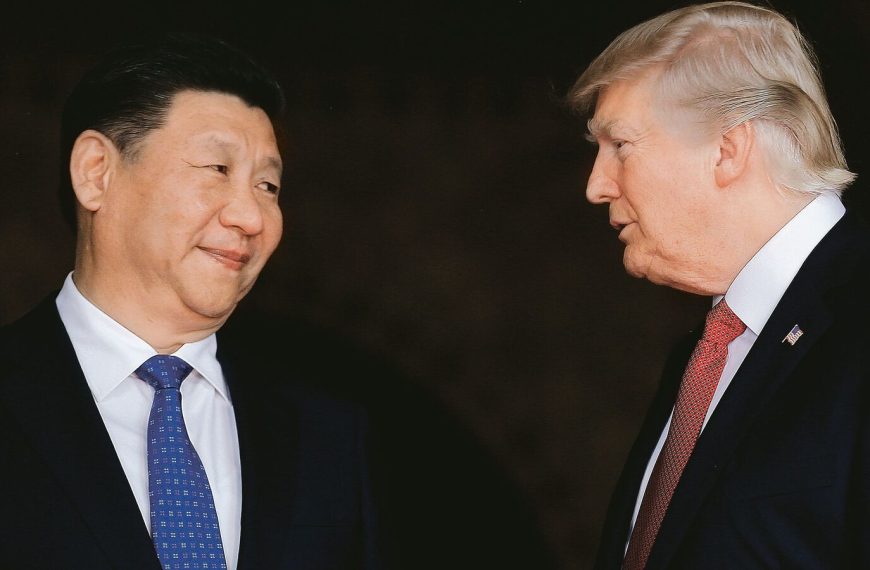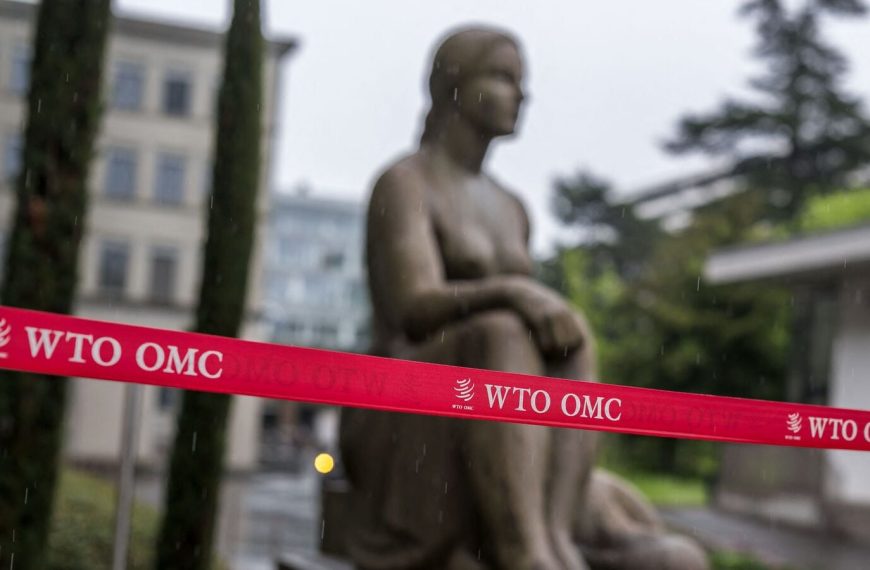The Indian financial landscape is emerging stronger and more diverse, a transformation driven by robust economic growth and a commendable response to the challenges posed by the pandemic. This assessment comes from a recent report by the International Monetary Fund (IMF), which highlights the evolving resilience of India’s financial system. The Financial Sector Assessment Program (FSAP), a collaborative effort between the IMF and the World Bank (WB), provides a thorough evaluation of the country’s financial health, with the latest insights drawn from an assessment conducted in 2024.
Strengthened Resilience in India’s Financial Sector
According to the IMF report, India’s financial system has significantly evolved since the last FSAP in 2017. The analysis reveals that the system has not only recovered from past financial stresses but has also successfully navigated the difficulties posed by the pandemic. Key findings from the report include:
- Increased diversity in the financial sector, particularly through the growth of Non-Banking Financial Institutions (NBFIs) and market financing.
- A substantial role for state-owned financial entities, which continue to hold a significant share within the sector.
Stress Tests Indicate Robustness
The report emphasizes that stress tests have shown most lending sectors are generally resilient against macroeconomic shocks. Noteworthy points include:
- Banks and NBFIs possess adequate capital reserves to maintain moderate lending practices, even in severe economic downturns.
- However, there are concerns regarding some Public Sector Banks (PSBs), which may require bolstering their capital structures to sustain lending during challenging situations.
Regulatory Enhancements and Innovations
The IMF commended India’s proactive approach to regulating NBFIs, particularly through its scale-based regulatory framework. Significant regulatory advancements include:
- The introduction of a bank-like Liquidity Coverage Ratio (LCR) for larger NBFIs.
- Improvements in the regulatory framework for securities markets, designed to mitigate and manage emerging risks, which include the establishment of the Corporate Debt Market Development Fund (CDMDF).
A Flourishing Insurance Sector
The insurance industry in India is thriving, characterized by strong growth in both life and general insurance segments. The sector’s stability is attributed to:
- Enhanced regulatory measures.
- The adoption of digital innovations that streamline operations and improve customer engagement.
Focus on Cybersecurity
The report also addressed cybersecurity within the financial sector. It noted that Indian authorities have made strides in overseeing cybersecurity risks, particularly in banking. However, the IMF suggested that:
- Expanding cybersecurity simulations and stress tests across sectors could further strengthen resilience against potential cyber threats.
Looking Ahead: Recommendations for Future Growth
The India FSAP report offers several recommendations aimed at refining the structure and functionality of the financial system. Many of these suggestions align with the developmental plans already in place by relevant authorities and regulators, indicating a cohesive approach towards enhancing financial stability and growth.
In summary, the IMF’s assessment underscores the significant strides made by India’s financial system, showcasing its ability to adapt and thrive amid challenges while laying the groundwork for future advancements. This evolution positions India as a resilient player in the global financial landscape, ready to face upcoming challenges with confidence.











